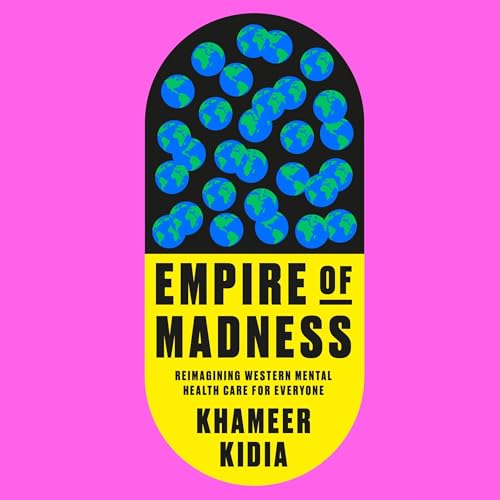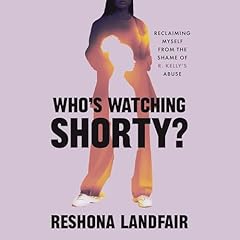
Empire of Madness
Reimagining Western Mental Health Care for Everyone
No se pudo agregar al carrito
Solo puedes tener X títulos en el carrito para realizar el pago.
Add to Cart failed.
Por favor prueba de nuevo más tarde
Error al Agregar a Lista de Deseos.
Por favor prueba de nuevo más tarde
Error al eliminar de la lista de deseos.
Por favor prueba de nuevo más tarde
Error al añadir a tu biblioteca
Por favor intenta de nuevo
Error al seguir el podcast
Intenta nuevamente
Error al dejar de seguir el podcast
Intenta nuevamente
 Exclusivo para miembros Prime: ¿Nuevo en Audible? Obtén 2 audiolibros gratis con tu prueba.
Exclusivo para miembros Prime: ¿Nuevo en Audible? Obtén 2 audiolibros gratis con tu prueba.
Elige 1 audiolibro al mes de nuestra inigualable colección.
Acceso ilimitado a nuestro catálogo de más de 150,000 audiolibros y podcasts.
Accede a ofertas y descuentos exclusivos.
Premium Plus se renueva automáticamente por $14.95 al mes después de 30 días. Cancela en cualquier momento.
Compra ahora por $19.80
-
Narrado por:
-
Khameer Kidia
-
De:
-
Khameer Kidia
What if the mainstay of mental health care involved cancelling onerous debt, giving poor people free housing, and paying reparations to the descendants of slavery and colonialism? In Empire of Madness, Dr. Khameer Kidia re-evaluates the Western approach to mental health, which medicates symptoms instead of changing the structures that harm the human psyche. A physician and researcher whose own family suffers from the psychological effects of colonialism, Kidia highlights the limitations of the Western mental health model by reporting from the front lines of mental health crises at home, in the clinic, and during a decade of fieldwork.
Clear-eyed and openhearted, Kidia asks the nuanced questions unaddressed by our current mental health model: How do history, culture, and politics shape mental distress? Are hoarding and burnout medical diagnoses or social problems? Why are schizophrenia outcomes sometimes better in poor countries without antipsychotics? Can a traditional healer treat mental illness better than a Western-trained clinician? For those living in poverty, can cash replace pills?
With rigorous research, cutting analysis, and illuminating prose, Kidia invites us to reimagine mental health as a global idea where our wellbeing is mutual and everyone’s voice—patients, caregivers, and healthcare workers alike—matters.
Los oyentes también disfrutaron:





Las personas que vieron esto también vieron:









Todavía no hay opiniones


